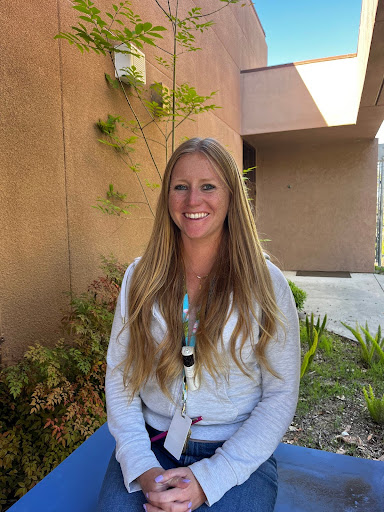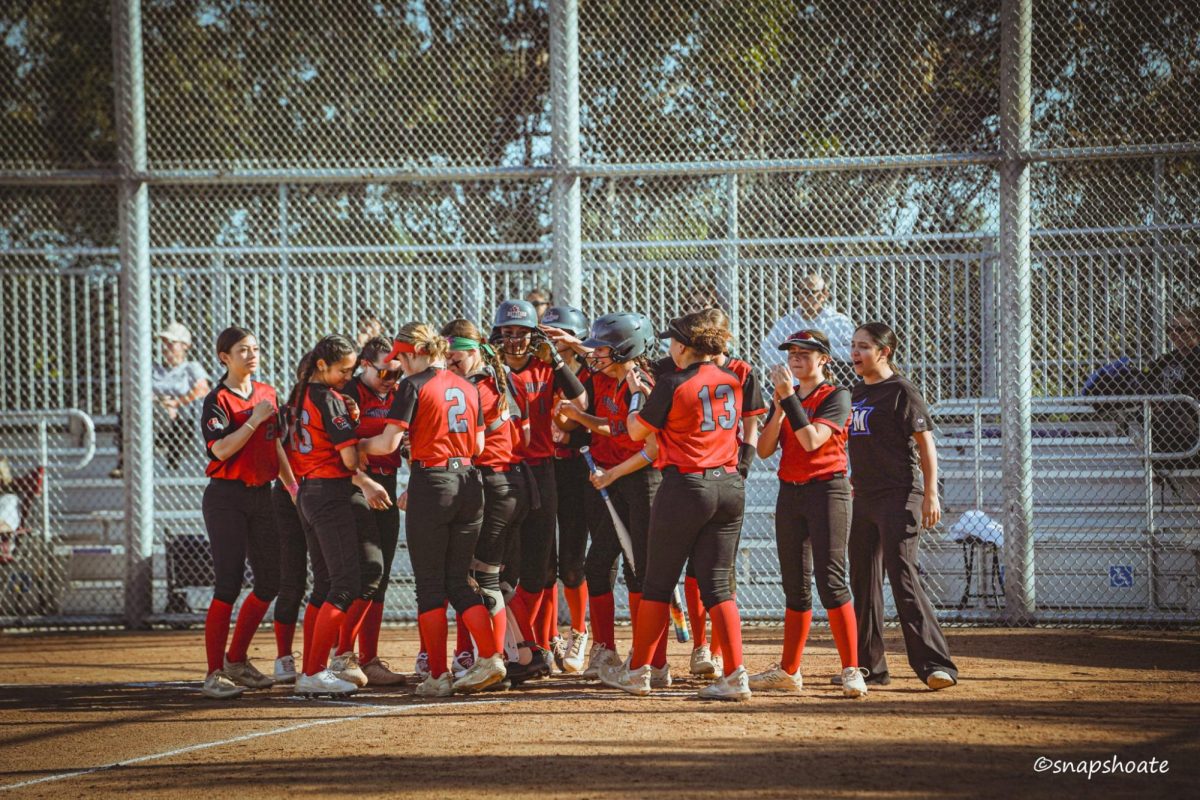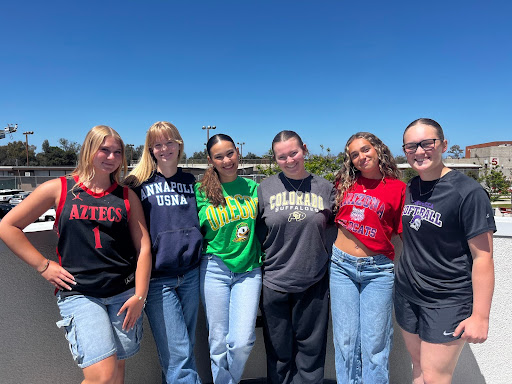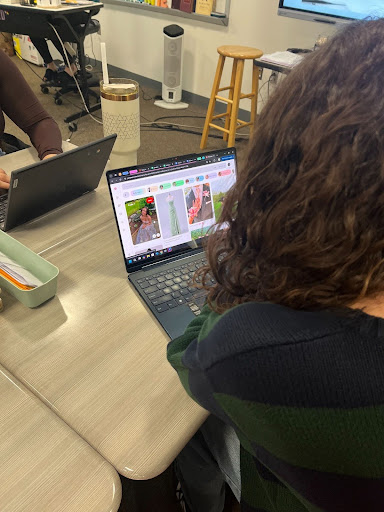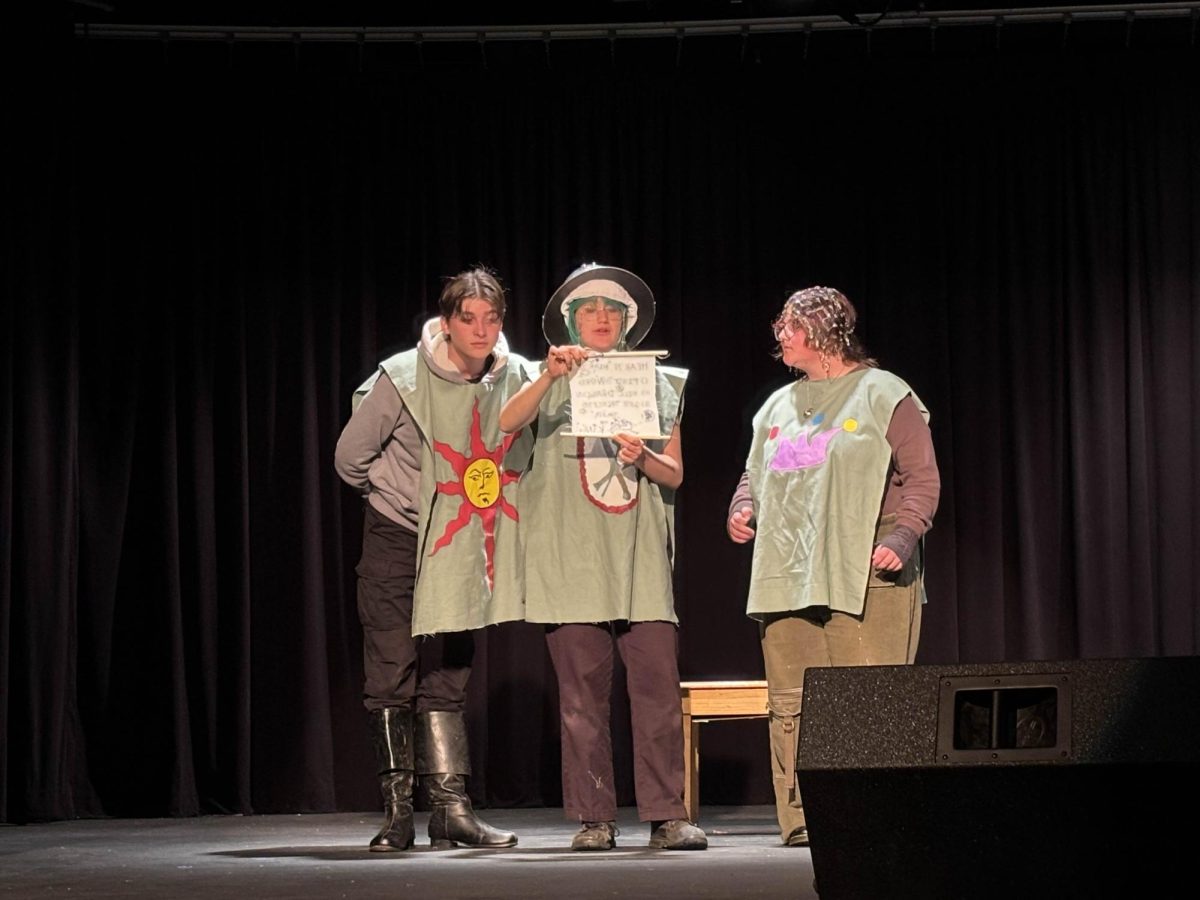Be More Chill Musical at Canyon Hills High School, performed by the theater department, on the last two Thursdays, Fridays, and Saturdays of February displaced immense accuracy of teenage life and the importance of connectivity.

While most shows that peer into teenage life and struggles accentuate or exaggerate details truthfully irrelevant to teenage life, Be More Chill is commended for its accuracy in its adaptation, besides the kids bursting into songs every other minute.
Junior Elizabeth Paddock, who played Jenna Rolan, said “I’ve had a situation like Michael, where my friends leave me for the popular kids,” Even adding how she’s “had situations where I’ve had Jenna’s in my life, where they gossiped about me.” Further crediting the musical with her own personal highschool experiences, despite how negative they may be.
Even their goals are comparable to those of teens in real life, as most teenagers fixate on what gives them joy for a sense of fulfillment in high school.
“They’re similar with how everyone is trying to be popular, but the methods aren’t the same.” comments Junior Patrick Murphy, towards the motives of the Be More Chill cast.
Even if not all teenagers want to be ‘popular’ today, they still want to be heard.

Even though they acquire popularity through different methods, the Squip is seen in present day life. Not as a supercomputer from Japan with quantum nano-technology, but instead as something more accessible.
Rather than compare it to AI as many others do, Paddock compares the Squip to social media
“Social media tells you how you’re supposed to live your life. Just as the squip influences Jeremy, social media influences us, saying ‘you’re supposed to do this, and you’re supposed to have all these friends and go partying’ when it’s not realistic. True happiness does not come from mimicking the fake lies on screens.”
These happy lives that are trampled upon by our modern day Squip’s even come about in the same ways. Social media wasn’t the next biggest hit overnight, and older generations certainly have not faced as many technologically sourced health problems.
“The Squip slowly gets, like, more and more evil as the show goes,” Paddock explains. “As it changes from ‘you should do this because this might give you a good outcome’ to ‘if you don’t do this, I’m gonna move your body and make you’ do it.”
Social media, while not forcing people to comply and follow what it shows, has the same effect.
Throughout all the control shown in the musical, it stays true to its connectivity and shares a message close to home.
“Don’t lose those who are close to you” states Paddock. “That’s what I took from it. Don’t let, like, the internet control you and make you think that you have to be a certain way to be liked.”
Even if people may not feel like they have a Michael who will be there for them in their times of need, the idea of connection (healthy, not controlling) is important to take away from the show.
Paddock sees this connection made in her own life through the show, stating, “I really love all the friendships that I was able to create and all the close bonds with people I probably never would have really bonded with otherwise.”
Even if you don’t connect with someone now, just be more chill and find somewhere to sync up, and you’ll find that connection somehow.
The musical is truthful to extents often overlooked, and as a relatively young musical, its messages remain relevant. While not everyone is attention seeking, we all want attention. We all have flaws and strengths, so don’t try to act like you don’t and play into being someone who you aren’t.


